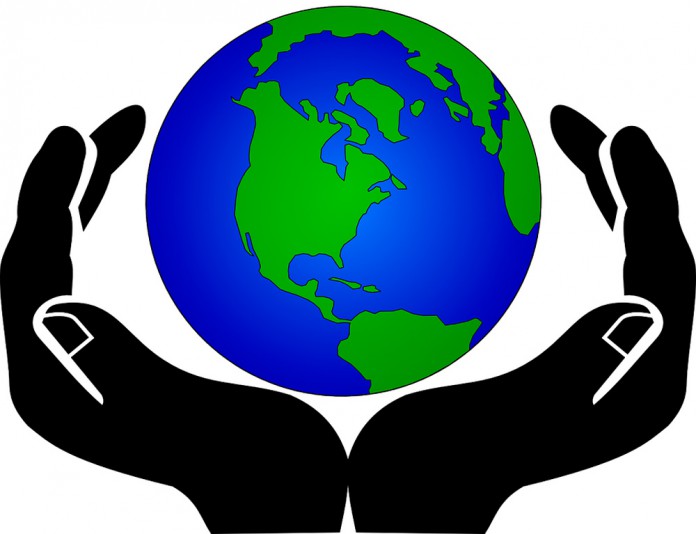"The problems of the environment have become too complicated to be solved by piety and an unyielding clash of good intentions" (Wilson 946). The longer we wait to change the way we treat our environment, the closer we approach catastrophe. If we keep polluting the oceans and skies at our current rates, our planet will be permanently damaged and human extinction will become inevitable. If things are this serious, why don't we do anything about it? This is because we are approaching this environmental issue the wrong way. As Wilson said, morals and ethics can't solve global warming. Instead the problem should be approached in a more serious and active manner. The everyday citizen can make simple and cost-less lifestyle changes to help our environment. For example, one can recycle more and spend less time in the shower or they can take ten minutes out of their day to pick up litter. There are many people who are capable of doing these things and yet they don't. Instead of telling to people to treat the environment in a ethical and good-willing manner, we should be encouraging people to be active and get rid of their actions that harm the environment negatively. However, eco-friendly treatment of the environment by the everyday person isn't enough. Large corporations need to make adjustments to their actions as well. According to the FDA a bit more than half of all pollution comes from factories. These factories belong to governments or large companies and stricter regulations need to be placed on them. Some may believe that the economic consequences of these regulations are too great. Reducing production from factories and the cost of limiting pollution are not attractive from a money perspective. Although the economy might take a blow, there is no price too high for a clean environment. Once irreversible climate change takes place and humanity is at its last stand, there will be no economy. The well-being of a company is not worth the health of the Earth. Not only do we have to be active and determined to help our environment, but we must be willing to give the time and money for it. The fate of humanity is in our hands.






I liked how you discussed the harmful effects on how humans treat nature. Pulling at the audience's emotions by discussing how this can lead to extinction ultimately calls for action that change needs to occur. Even though the economy will take a blow, it is a small price to pay for salvation.
ReplyDeleteYour view about the necessity for change is very realistic and you are correct in mentioning that without conservation, humans may go extinct. What specific actions do you think that society can take to combat this issue before it ultimately leads to mass extinction?
ReplyDeleteYour stance on the argument shows very clearly that you are able to point out the most important considerations other people may not make. You also thoroughly explained your analysis for the question you brought up, and gave examples of what should and shouldn't be done.
ReplyDelete